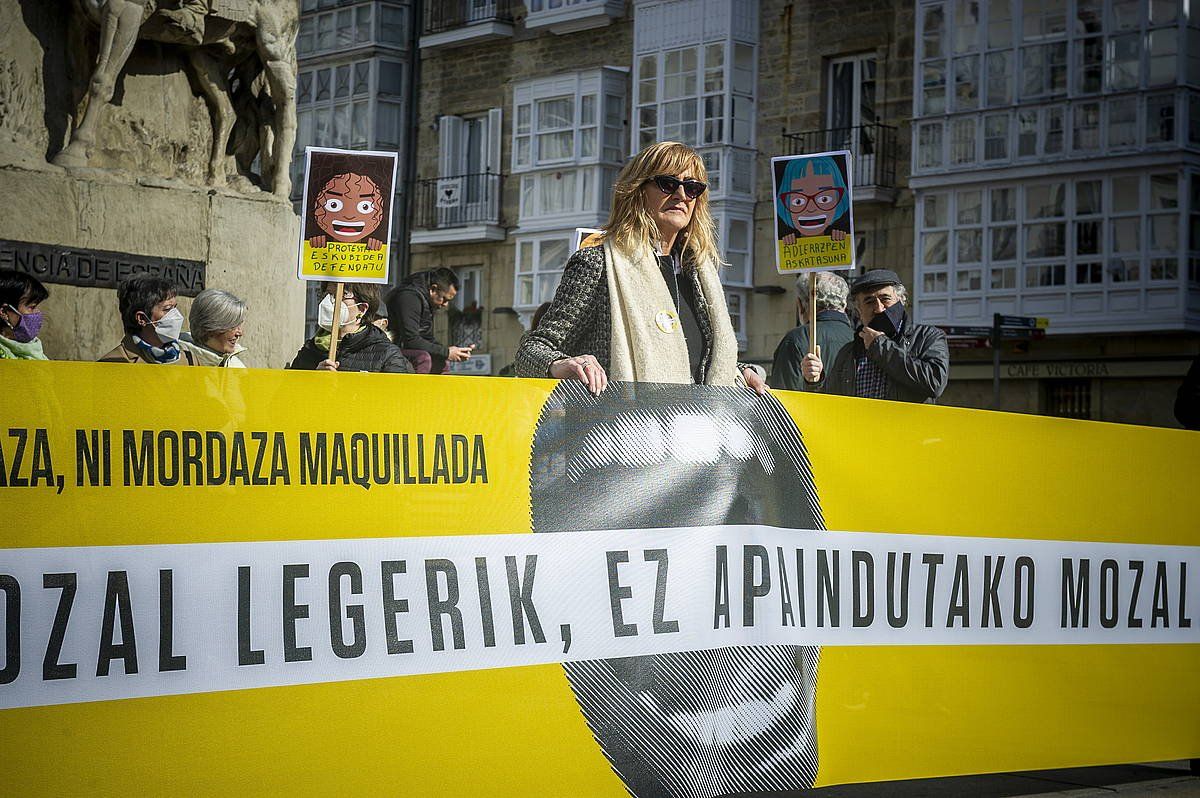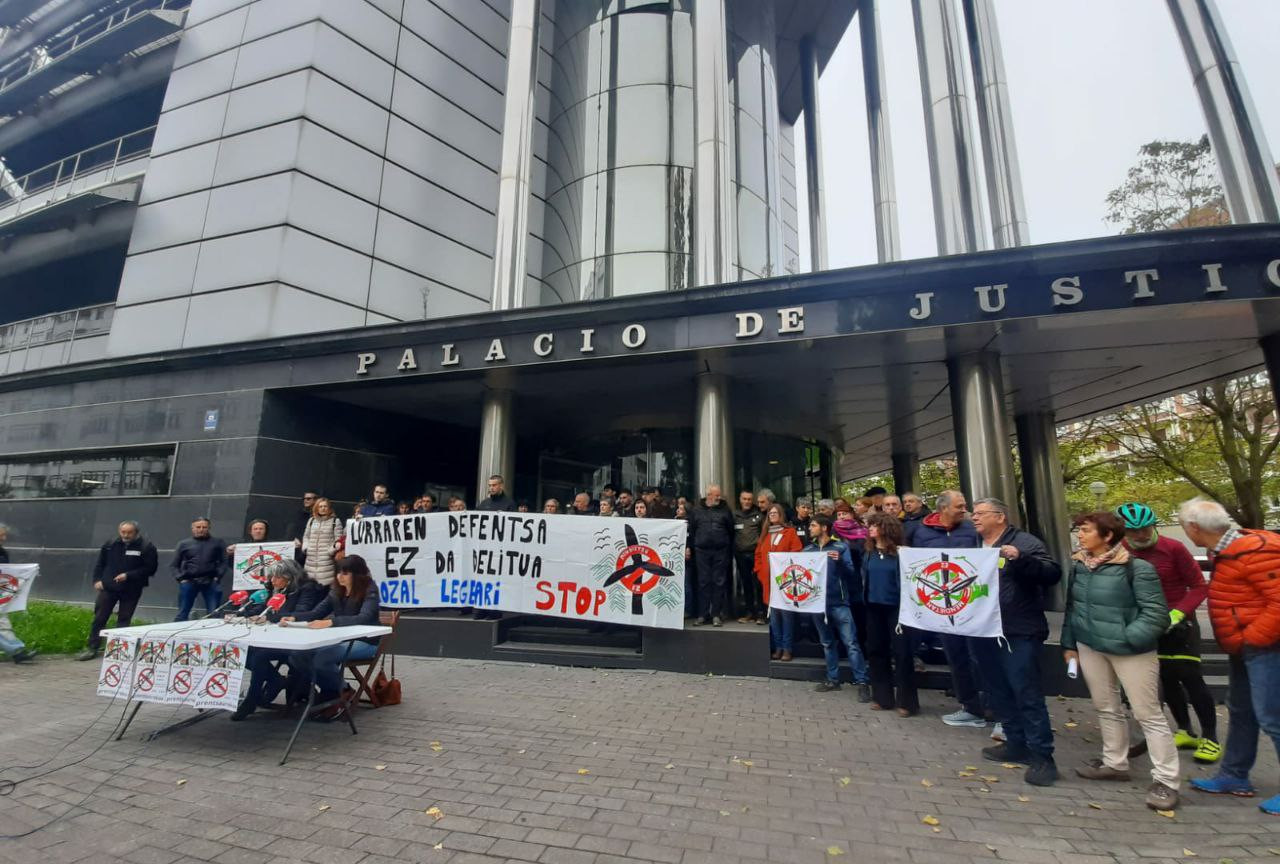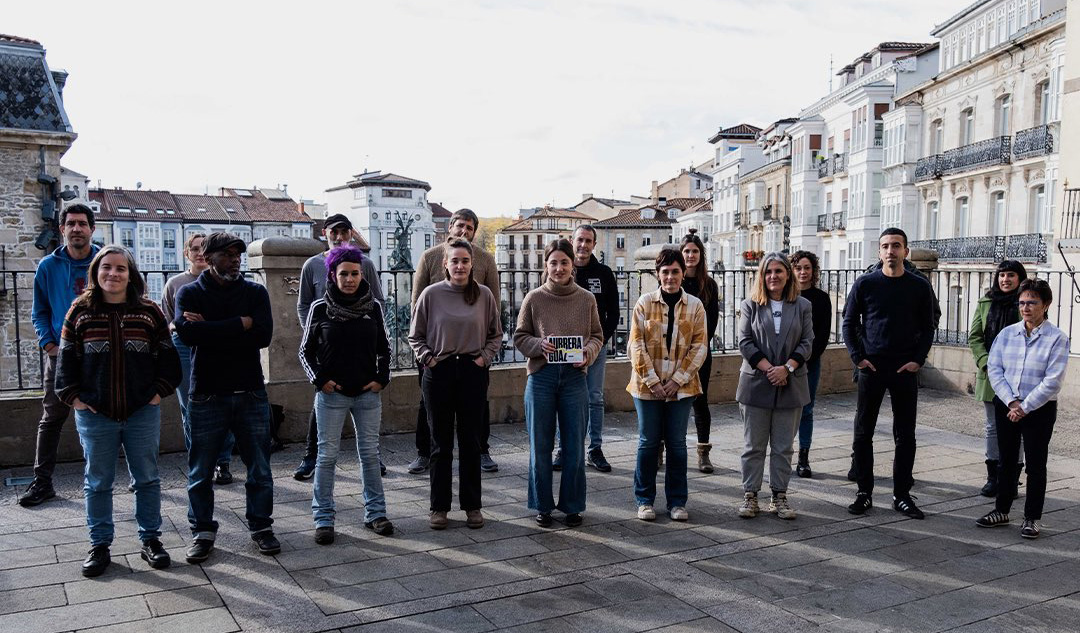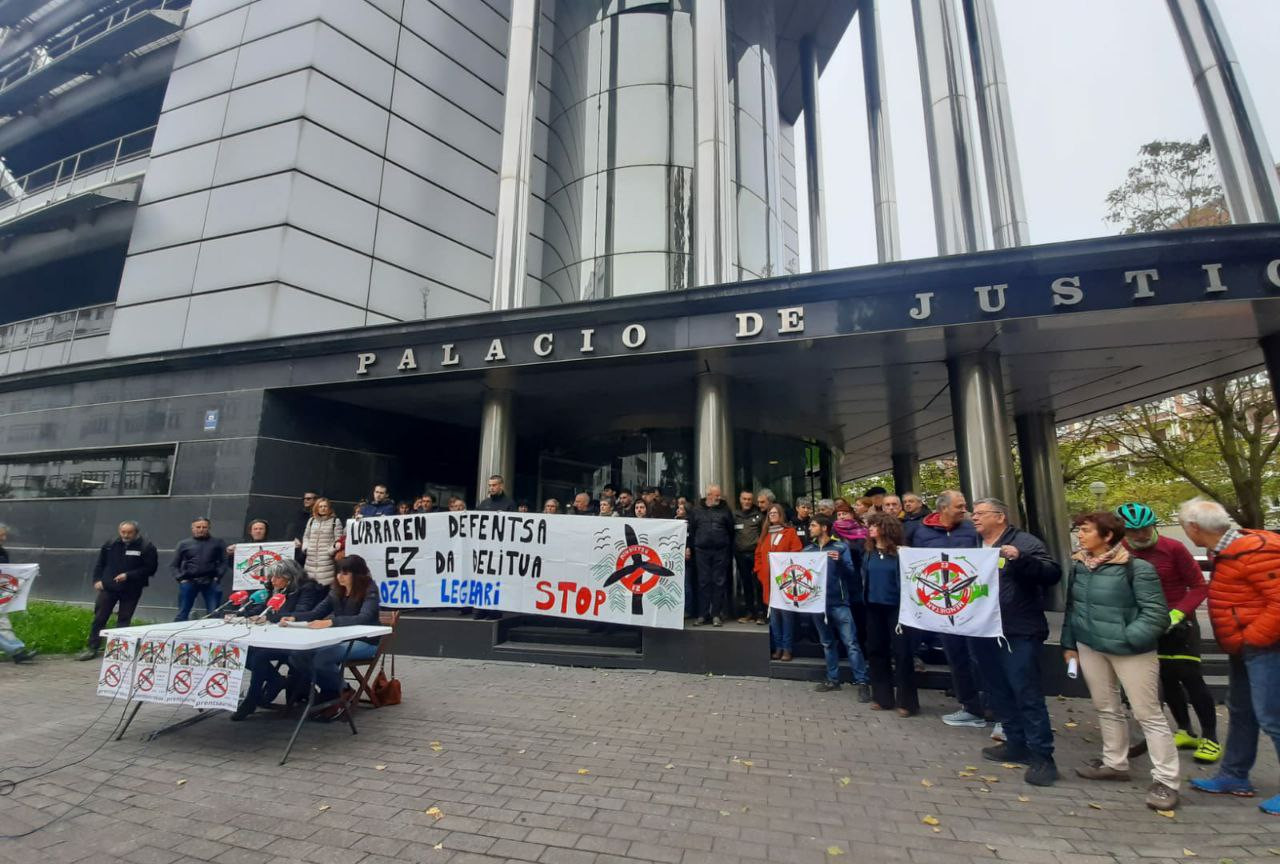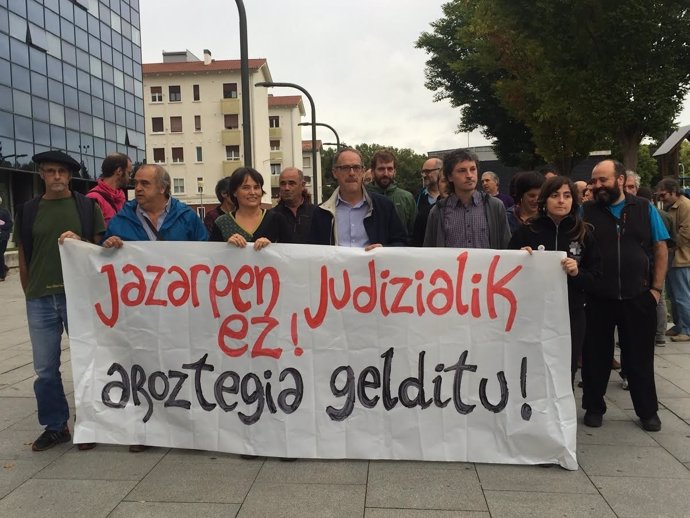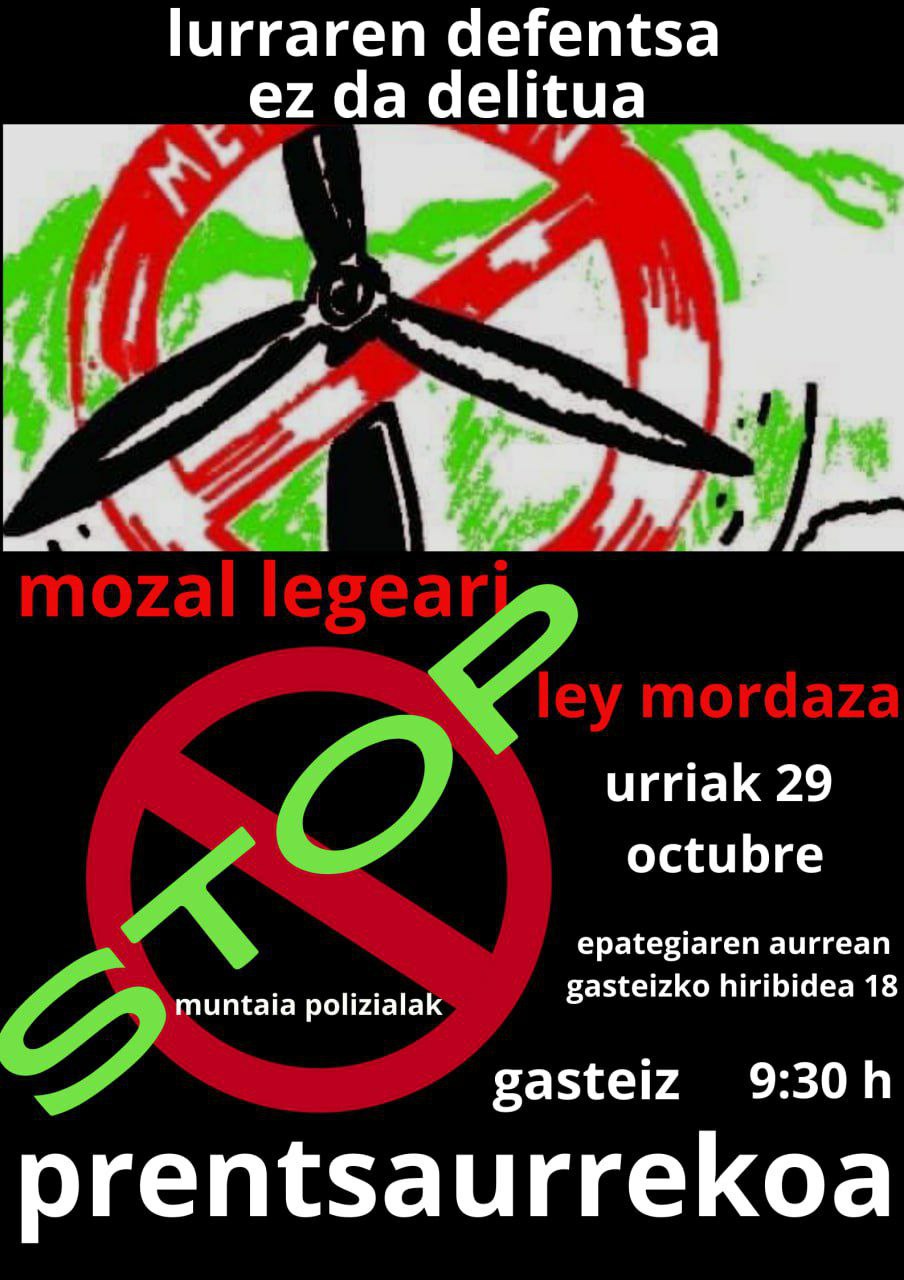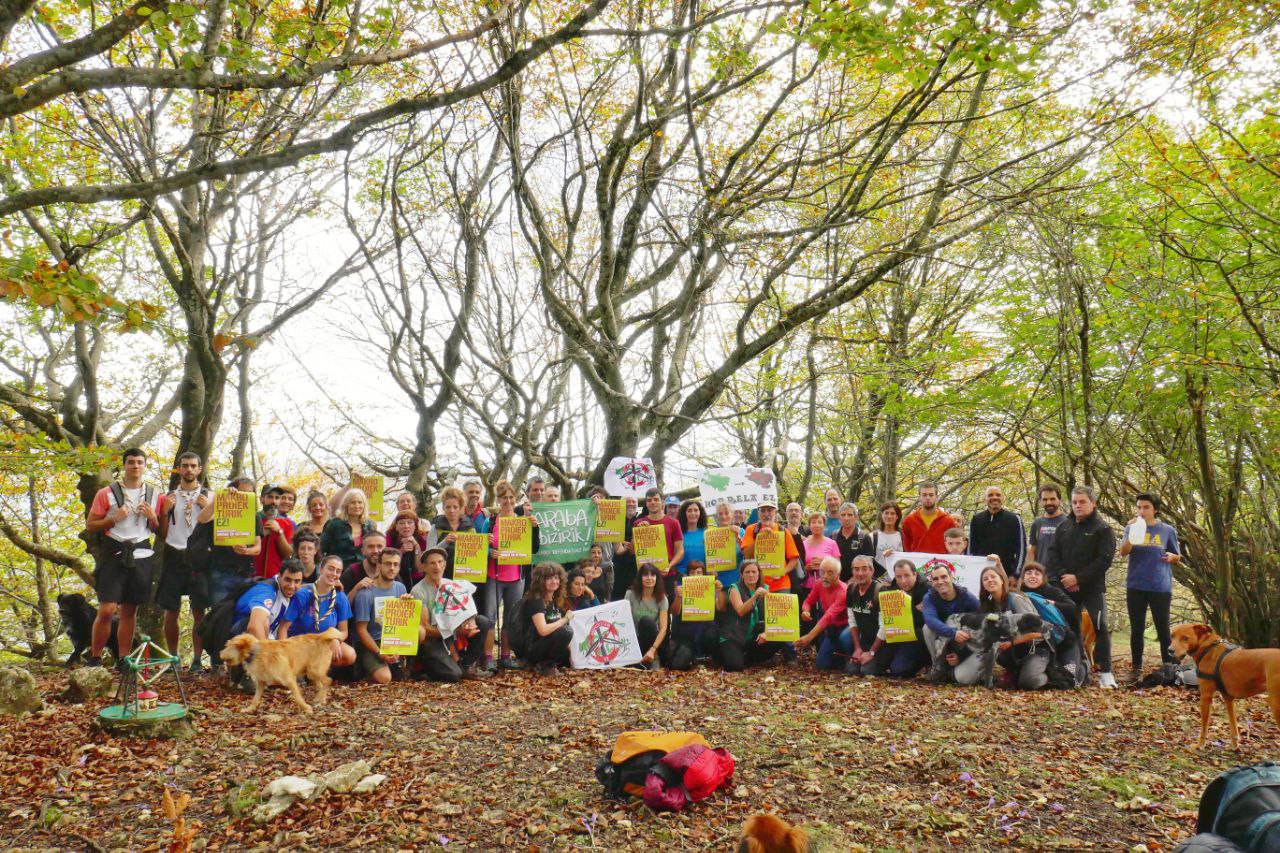The PSOE makes it clear that it will not "repeal" the Moorish Law, after Diaz's announcement
- On Tuesday morning Díaz announced the "repeal" of the Moorish Law, but at noon the spokesman for the Spanish Government, Pilar Alegría, and the deputy spokesman for Enrique Santiago Sumar, assured that the reform will be limited to some violations of Article 36. Pablo Iglesias and Podemos also undertook to repeal the Moorish Law once they arrived at the government, but did not materialize it. Work is being done on the 2015 Aste Nagusia dispute.

On a trip to Europe, Díaz has announced to the media that the two government parties, the PSOE and Sumar, have "concluded an agreement" to repeal the Moorish Law. Furthermore, he said that the President of the Government, Sanchez, will give the details of the agreement tomorrow in the Congress of Deputies. In addition, Sánchez will also announce measures related to the institutional advertising received by journalists and media that violate codes of ethics, as Díaz explained in a statement.
After a period of "five days of reflection" on judicial and media issues against the head of the government and his wife, Sánchez announced that in the short term he would take "measures of democratic regeneration". Several Spanish media claim that this is a "Shock Plan for Democracy". Diaz has hoped that it will be a "comprehensive package of measures" that can be adopted.
What had to be repealed, the reform
At noon Diaz’s words were denied both by Sumar and by the PSOE of the Spanish Government. Government spokeswoman Pilar Alegría has assured that “only” what was agreed would affect offences related to insults and that it will enter into force “after the hearing and debate of the parliamentary groups”. For her part, Vice-President María Jesús Montero pointed out that the Government is negotiating with the parliamentary groups “issues that are considered essential”.
At a press conference in Congress, Sumar deputy spokesperson and UI deputy Enrique Santiago assured that the PSOE and Sumar have agreed to reform the single article of the Mordaza Law: Article 36, which includes “serious” infringements, and within it, those relating to injuries.
Journalists and freedom of expression
"It has always been very important for us to avoid any kind of condemnation or fine to journalists when they are reporting on any police operation or demonstration," Santiago explained in the sense of what was agreed between Sumar and the PSOE to reform the Mordaza Law.
It has also announced that both formations have agreed on a reform of the Penal Code that would involve measures in favour of freedom of expression, including not only journalists but also “artists”. In particular, he referred to insults to the Crown, to higher state institutions and to religious feelings in Catalonia. Santiago has explained that these agreements are “an initial step”, but that for the future it is a question of working with the other parliamentary groups to achieve a “profound derogation” of the Mordaza Law.
Data since 2015
Although the Law on Citizen Security, already known as the Mordaza Law, had already entered into force, in 2015 crimes and standards were further intensified. The pp chaired by Mariano Rajoy established by an absolute majority the drastic reform of the Mordaza Law, which is now approved.
The repeal of the law has been a historic demand of the left-wing political forces. Podemos’s own leader, Pablo Iglesias, pledged to repeal the law when it came to the government, and was unable to do so. We can then sign an agreement with the PSOE to repeal the Moorish Law and, for years, held negotiations with the other parties until March 2023. The date for the approval of the new law was also set, but the new Moorish law was not approved, the Spanish Government did not keep the floor and ERC and EH Bildu were held responsible for not having approved the proposal on the table, claiming "irresponsibility".
The new law, backed by PSOE, Podemos and PNV, provided for the modification of some standards and the freezing of others. This proposal maintained the most conflicting rules: it did not ban rubber balls, it allowed quick returns of migrants and it penalised disobedience and disrespect for authority.
Nine years ago, pending the adoption of the Mordaza Law, the Council of Europe itself said that the law was going to be “disproportionate” and its “great concern”. “This law is a reactionary and conservative absurdity to criminalize street protest and criticism,”... [+]








